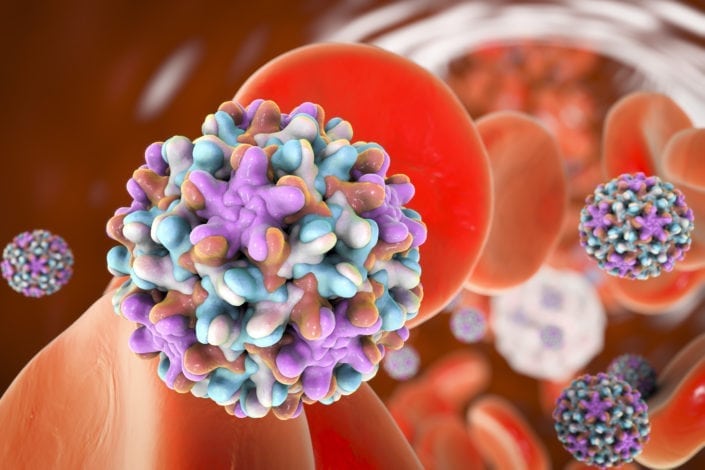Infections Contracted from Exposure to Healthcare Waste
10/1/2019

Safe handling of medical waste isn’t only a legal requirement. It’s also necessary to protect healthcare facility workers and patients from exposure to infectious pathogens that cause disease.
- Via any break in the skin barrier such as puncture wound, cut or abrasion
- Via the mucosa of the nose, mouth and other body openings
- Though inhalation
- By ingestion
- Gastroenteric…spreads via vomitus or feces, often on unwashed hands
- Respiratory…spread by inhalation or saliva
- Eye infections…spread via eye secretions often on unwashed hands
- Skin infections…often from dirty dressings
- AIDS…from blood on sharps
- Hepatitis B and C…from blood and body fluids
Those most at risk of contracting these diseases from incorrectly disposed of medical waste include:
- Doctors and nursing staff
- Laboratory technicians
- Patients in the healthcare facilities
- Visitors to the facilities
- Workers supporting these healthcare facilities such as those in garbage disposal, cleaning staff and laundry personnel
